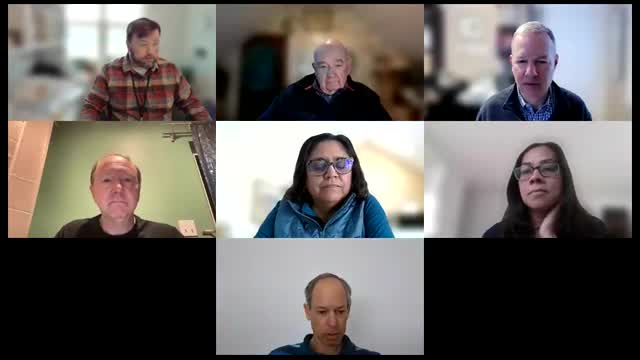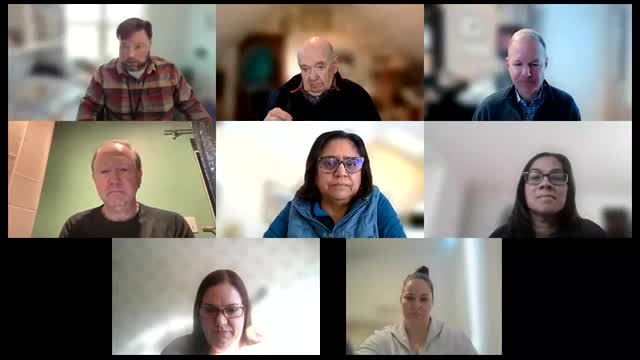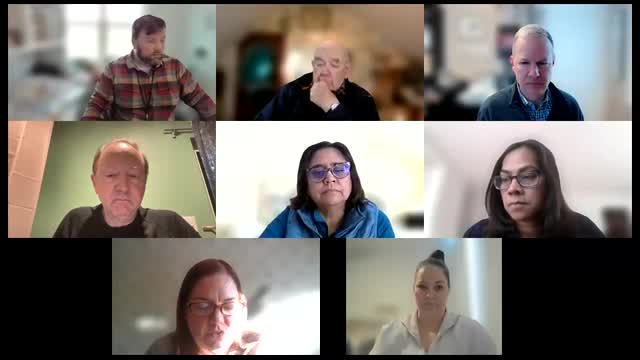Article not found
This article is no longer available. But don't worry—we've gathered other articles that discuss the same topic.

Needham resident proposes seasonal ban on gas-powered leaf blowers; Board questions enforcement and exemptions

Inspector reports progress on St. Mary Street housing case; board permits staff discretion to finish compliance work

Charles River training hub briefs Needham board on inspector training, 43‑community coverage and new field‑training cohorts

Town staff review 2024 synthetic‑turf tests; zinc flagged and arsenic measurement questioned

